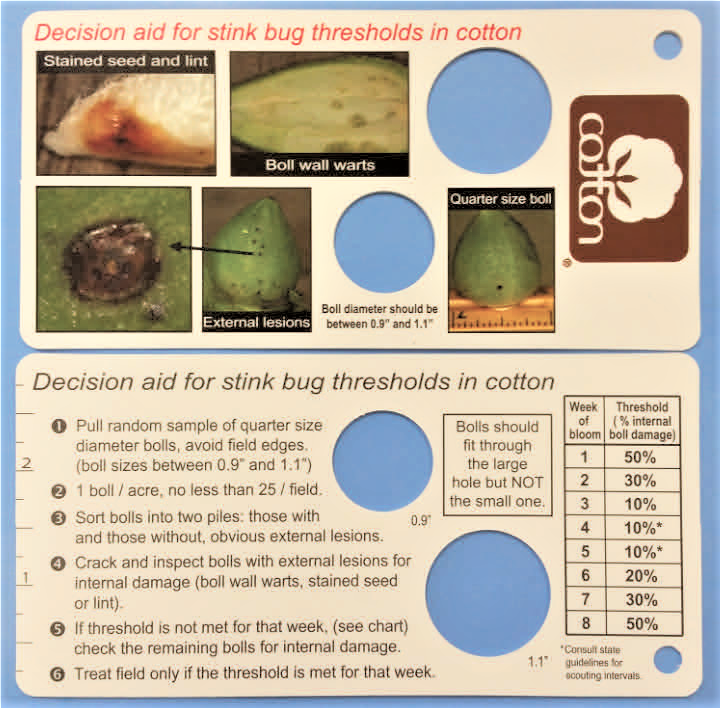Well, over the last couple of weeks, we have received good rain through much of the county. It is wet in many fields, and growers are having to move around to get spraying done. Earlier planted corn has reached black layer, and later planted corn is nearing maturity. We have not confirmed Southern corn rust in Worth County, but it is probable that it is present at this time. To see the latest findings, visit: https://corn.ipmpipe.org/southerncornrust/.
Following are some points by Dr. Bob Kemerait on our current disease situation:
“The abundance and frequency of rain, at least over much of southern Georgia, has greatly increased the threat of fungal diseases in our agronomic crops. The ensuing prolonged leaf wetness period is favorable for both infection and development of disease. Rain-splash aids in the dispersal of spores. The winds ahead of our storms also aids in spread of the spores. Conditions are near perfect for the development of white mold and leaf spot in peanuts. Peanut growers are advised to be vigilant and timely with their fungicide applications. No fungicide program will eliminate small “hits” of white mold in a field. But an EFFECTIVE fungicide program MUST contain the disease and stifle spread. “Contained” hits of white mold are about the size of a dinner plate. Spread beyond that and growers should examine: a) choice of fungicide, b) rate of fungicide, c) timeliness of application, and d) use of irrigation or rainfall to aid in redistribution of the fungicide. Conditions now across much of southern Georgia are perfect for target spot. I encourage growers to scout their cotton starting with the first week of bloom, especially with onset of third week, and to weigh the need for use of fungicides to protect yield. Use of fungicides does not always increase yield, but in high risk environments I believe they are an important investment.”
Update on Insects
In cotton, the aphid fungus has come in and wiped out aphids in most fields in the area. At this point in the season, stink bugs should be scouted for and treated if thresholds are met. In Extension, we use a dynamic threshold on stink bug damage based on week of bloom. Below is a picture of the dynamic threshold decision aid. Contact your county agent for more information.

We have seen small number of silverleaf whiteflies (SLWF’s) in some cotton fields. Growers in parts of the county that have a history of SLWF populations should begin scouting for whiteflies. It appears that we may see a population increase in the near future. For more information on scouting, please contact the Extension office. We will try to keep growers updated as threshold numbers are reached in parts of the county.
If Worth County Extension can be of assistance, please let us know.